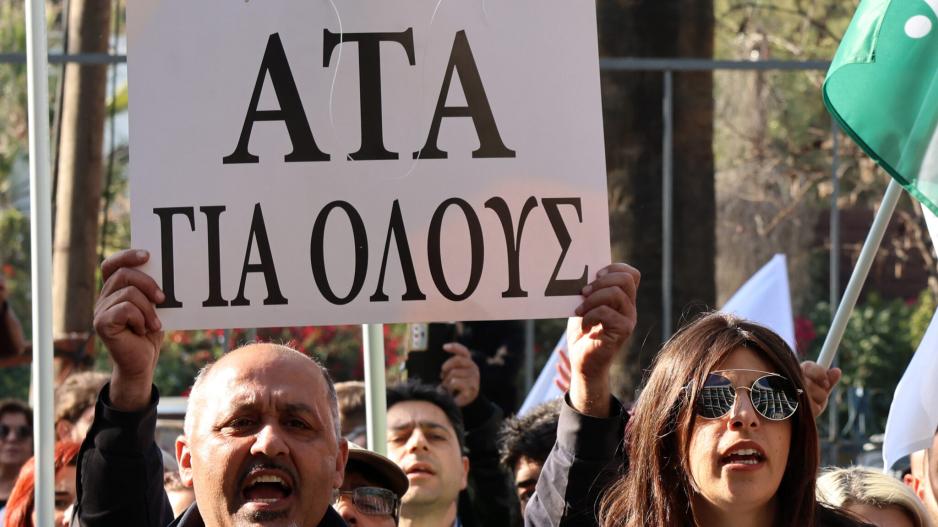Labor Unions Set to Challenge Christodoulides on 5 Employment Issues
Upcoming Meeting to Address Minimum Wage, Tax Reform, Pensions, and Collective Agreements
The upcoming decisions from the joint meeting of SEK, PEO, and DEOK leaderships on Monday are expected to set the stage for a critical discussion between President Nikos Christodoulides and 11 trade unions on February 28. The president will be confronted with five pressing labor issues, as unions demand clarity on key employment concerns.
A major topic on the agenda is the approval of a new employment strategy framework by the Council of Ministers. Unions have criticized the move, claiming that the Ministry of Labor bypassed essential social dialogue before finalizing the strategy.
According to information obtained by Brief, trade unions will push for the implementation of the European Union directive aimed at expanding collective agreements to cover all employees. This initiative is viewed as a crucial step in ensuring fair labor practices and improving job security across sectors.
The labor movement argues that applying the EU directive on adequate wages will promote a higher standard of working conditions and eliminate unfair competition in the labor market.

The reinstatement of the Automatic Cost of Living Adjustment (ATA) remains a key demand for unions. Their consistent stance is that ATA should be fully restored, aligning with its original purpose.
Unions reference the transitional agreement reached in 2016, which was implemented in 2017, setting ATA at 50% based on a specific formula. Under the Christodoulides administration, this rate was revised, and in March 2023, the Ministry of Labor increased it to 66.7%. However, unions are now calling for the full reinstatement of ATA to 100%.
Beyond ATA, trade unions are also focused on three additional economic and labor-related issues: tax reform, the national minimum wage, and pension improvements.
Unions and broader social partners argue that tax reform should provide meaningful relief to households and workers. They emphasize the importance of factoring in family income and composition to ensure a fairer distribution of tax burdens. The goal is to create a more equitable taxation system that particularly supports the working class.
Regarding the national minimum wage, unions insist that any improvement should be directly linked to the cost of living and hourly productivity. They believe this will ensure that wage adjustments reflect real economic conditions rather than arbitrary increases.
Pension reform will also be a critical discussion point. Trade unions will push for measures that consider recent Eurostat data, which reveal that 30% of pensioners in Cyprus continue to work due to financial necessity. A major priority is addressing the actuarial reduction of 12% for those who retire at the age of 63. Unions are advocating for a balanced and fair approach to pension adjustments to protect retirees from permanent financial setbacks.






